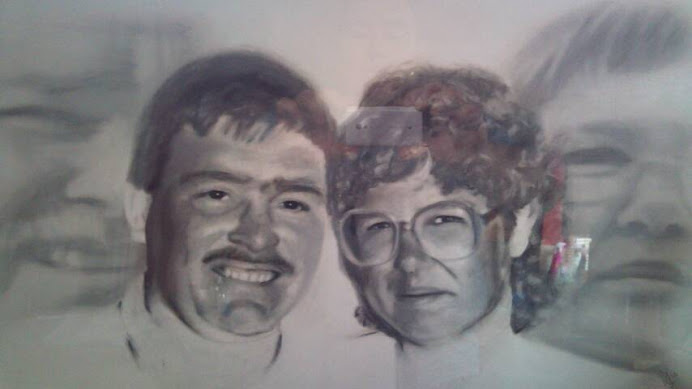There's an overly complicated explanation of drowning doing the rounds at the mo on the Social Networking sites. The thrust of the advice is:
1. Most drowning deaths happen with friends and relatives nearby
2. Breathing is a primary function and talking is secondary and therefore someone drowning can't shout as they are trying to breathe
3. Attempting to stay afloat is a primary reflex, and therefore the person is unlikely to wave their hands
4. If you shout at them and they shout back then they are probably ok
5. If they are quiet with their arms out they could be drowning, so if they do not shout back - get your arse in the water - and haul them out
6. Never put yourself in danger when rescuing another person, check your surroundings, call on others for help, and lower yourself into the water and do not dive or jump
7. See you local swimming pool for life saving courses
8. Teach young children how to swim
9. Teach young children the dangers of playing by water
10. If in doubt get them out
Swimming clubs and pools sometimes run advanced resuscitation courses. The British Heart Foundation and St. John's and others often run cheap or free of charge First Aid or (compact) resuscitation courses. You don't have to be a swimmer to be a lifesaver as you could be the one on the side when the victim is brought to the edge and has to be saved. Get yourself qualified as one day that victim could be a good friend or a family member. Knowledge is power, so get yourself some powerful knowledge.
When I resuscitated and saved a young woman in Cardiff last year (and subsequently had another breakdown due to the trauma of dealing with the victim) there were EIGHT persons stood around including her best friend when I arrived at the scene, and not one of them had a clue of the most basic and rudimentary life saving techniques. Don't be number 9

Custom Search




